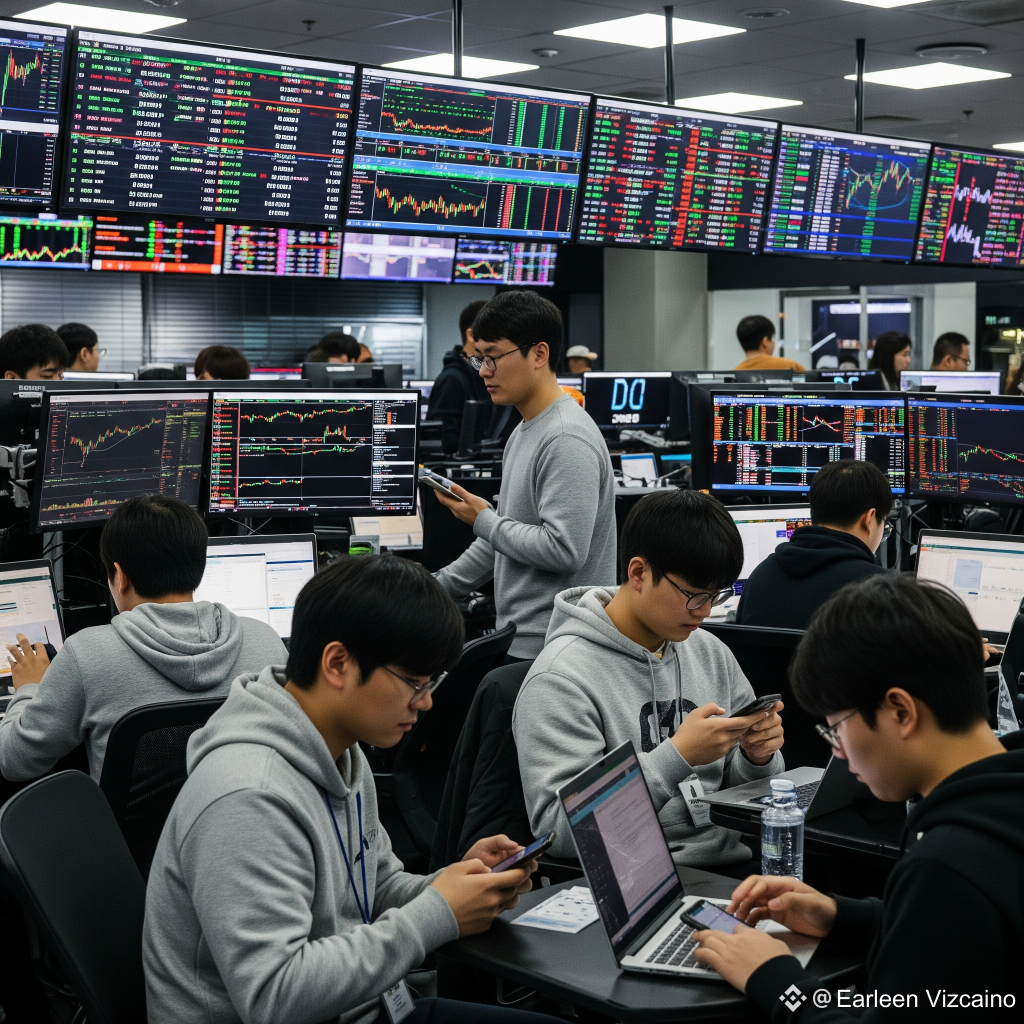South Korea's crypto policy indicates a significant shift towards a more pro-crypto environment, largely influenced by the recent presidential election on June 3, 2025. Here's a summary of the key developments:
1. Pro-Crypto Presidential Stance:
* The newly elected president, Lee Jae-myung (inaugurated June 4, 2025), has a strong pro-cryptocurrency agenda. Both leading candidates in the recent election, Lee Jae-myung and Kim Moon-soo, advocated for policies to support crypto growth. This bipartisan agreement signals a major shift in the country's financial policy.
* The new president has vowed to support crypto growth, including the introduction of spot crypto ETFs and a won-backed stablecoin market, which are currently prohibited.
* His administration aims to complete the second phase of South Korea's digital asset legislation, focusing on stablecoin regulation and exchange transparency.
* Plans include reducing restrictions in blockchain innovation zones to accelerate local growth.
2. Spot Crypto ETFs and Institutional Investment:
* There's a strong push to legalize spot cryptocurrency Exchange-Traded Funds (ETFs). The Financial Services Commission (FSC) has begun reviewing legal pathways for allowing spot Bitcoin ETFs, following global demand and the US SEC's approval of similar products.
* The government is set to allow institutional crypto trading by Q3 2025, with new guidelines enabling professional investors, public companies, and charities to engage in cryptocurrency trading within a regulated framework.
* The FSC's plan includes allowing corporate entities to trade crypto using real-name accounts, starting with charities and universities selling donated digital assets.
3. Regulatory Framework and Enforcement:
* South Korea has adopted a "strict but supportive" approach, combining rigorous oversight with support for innovation.
* New guidelines require virtual asset exchanges and banks to verify transactions more rigorously to combat money laundering. This includes enhanced customer verification measures and real-name account mandates for all crypto exchange users.
* The Financial Services Commission (FSC) is implementing new safeguards against price manipulation and committed to tighter oversight of stablecoins.
* A permanent crypto crime task force has been officially launched.
* The second phase of digital asset legislation, expected in 2025, will provide support for stablecoins and align them with financial security protocols.
4. Taxation:
* A proposed 20% capital gains tax on cryptocurrency has been pushed back again, this time to 2027, due to broader economic and political concerns.
5. Market Context:
* South Korea has a highly active retail crypto market, with over 16 million crypto users and trading volumes sometimes rivaling major stock indexes.
* The country's virtual asset market capitalization exceeded 100 trillion won (approximately US$74.5 billion) in 2024.
In essence, South Korea is moving towards a more regulated yet more integrated crypto market, aiming to foster innovation and attract institutional investment while ensuring consumer protection and combating illicit activities. The recent election has seemingly accelerated this trend, with a clear political mandate for pro-crypto policies.
